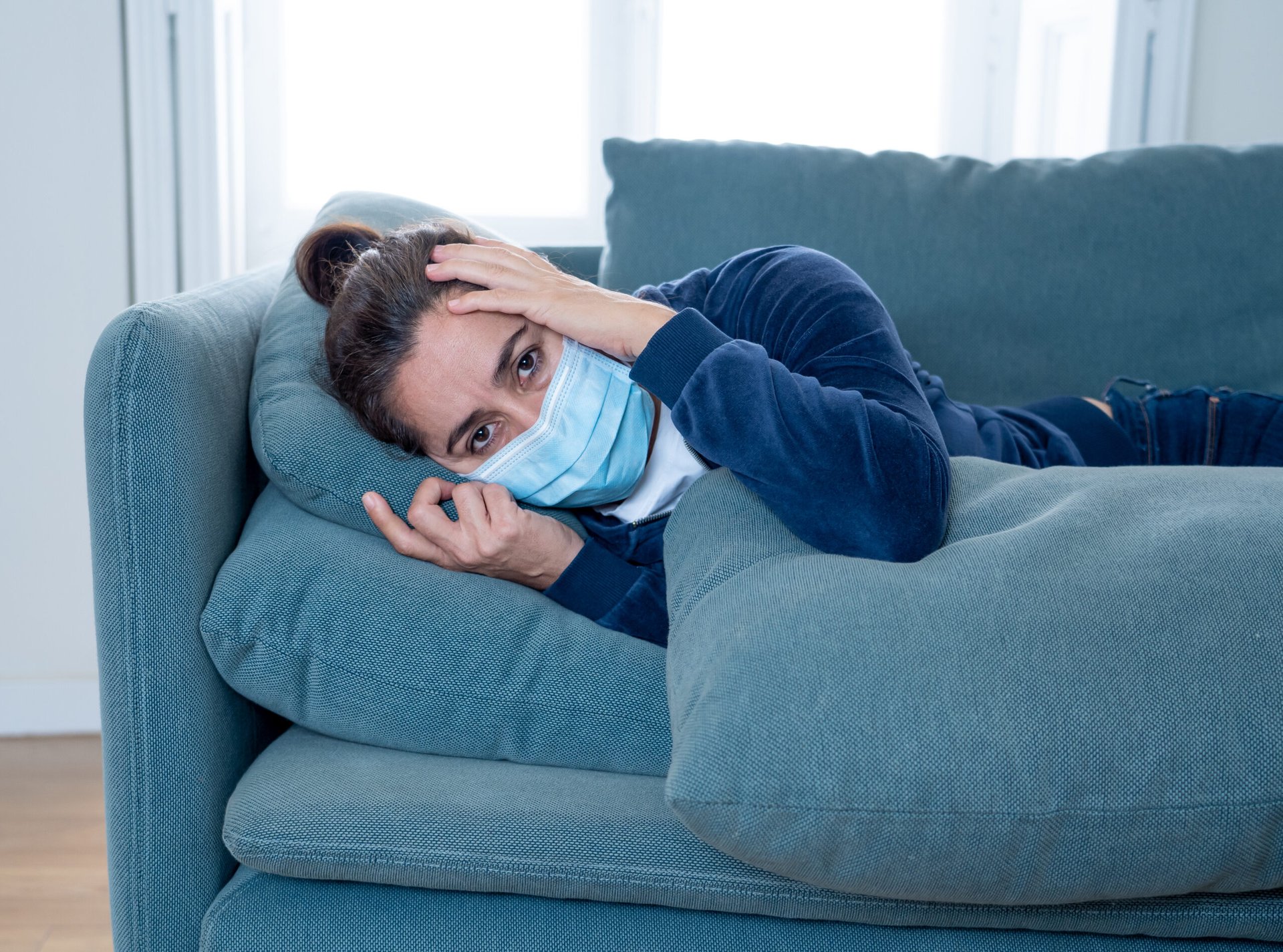
If you get fully vaccinated against COVID-19, your odds of getting sick — especially seriously ill — plummet.
But they don’t disappear, as recent numbers from the Centers for Disease Control and Prevention prove.
According to the CDC, more than 87 million people were fully vaccinated as of April 20.
However, the agency notes that among those who are fully vaccinated, 7,157 have been diagnosed with COVID-19 following their inoculation. Of those:
- 4,580 (64%) have been female
- 3,265 (46%) have been 60 or older
- 2,078 (31%) had asymptomatic infections
- 498 (7%) were hospitalized
- 88 (1%) died of the virus
It’s important to note that of the 498 hospitalizations, 167 (34%) were reported as asymptomatic or not related to COVID-19, the disease caused by the coronavirus.
Of the 88 fatalities, 11 (13%) were reported as asymptomatic or not related to COVID-19.
Why are vaccinated people getting sick?
By any measure, the CDC numbers indicate that the vaccines are working splendidly. However, they are also a sobering reminder that there is no way to completely protect yourself from illness associated with the coronavirus.
The CDC notes that no vaccine is 100% effective, and a small percentage of people will always get sick despite inoculation — known as vaccine breakthrough infections:
“Like with other vaccines, symptomatic vaccine breakthrough cases will occur, even though the vaccines are working as expected. Asymptomatic infections among vaccinated people also will occur.”
In addition, while today’s vaccines appear to offer protection against most of the coronavirus mutations currently circulating in the U.S., the variants nonetheless are the source of some breakthrough infections.
Finally, some people who have gotten sick after vaccination likely were exposed to the virus just before or just after the vaccination process, the CDC also says. It takes two weeks for the body to build protection after vaccination, meaning that you are not fully protected until 14 days after your last dose of the vaccine.
The CDC acknowledges that the above numbers probably undercount how many are getting sick post-vaccination, as the agency relies on voluntary reporting from state health departments that may not be complete.
That means there likely are even more people who have experienced negative outcomes than the CDC numbers suggest.
Still, the CDC says the numbers are not surprising, and that negative outcomes are occurring in only a small percentage of vaccinated people. It stresses that the vaccines are effective and recommends that all eligible people get a COVID-19 vaccination as soon as one is available to them.
Meanwhile, if you have been vaccinated, the CDC urges you to continue to:
- Wear a mask.
- Maintain an appropriate social distance from others.
- Avoid crowds and poorly ventilated spaces.
- Wash your hands often.
If you have not yet been vaccinated, read “7 Things to Avoid After Getting the COVID-19 Vaccine” before you get your dose of the vaccine.





Add a Comment
Our Policy: We welcome relevant and respectful comments in order to foster healthy and informative discussions. All other comments may be removed. Comments with links are automatically held for moderation.